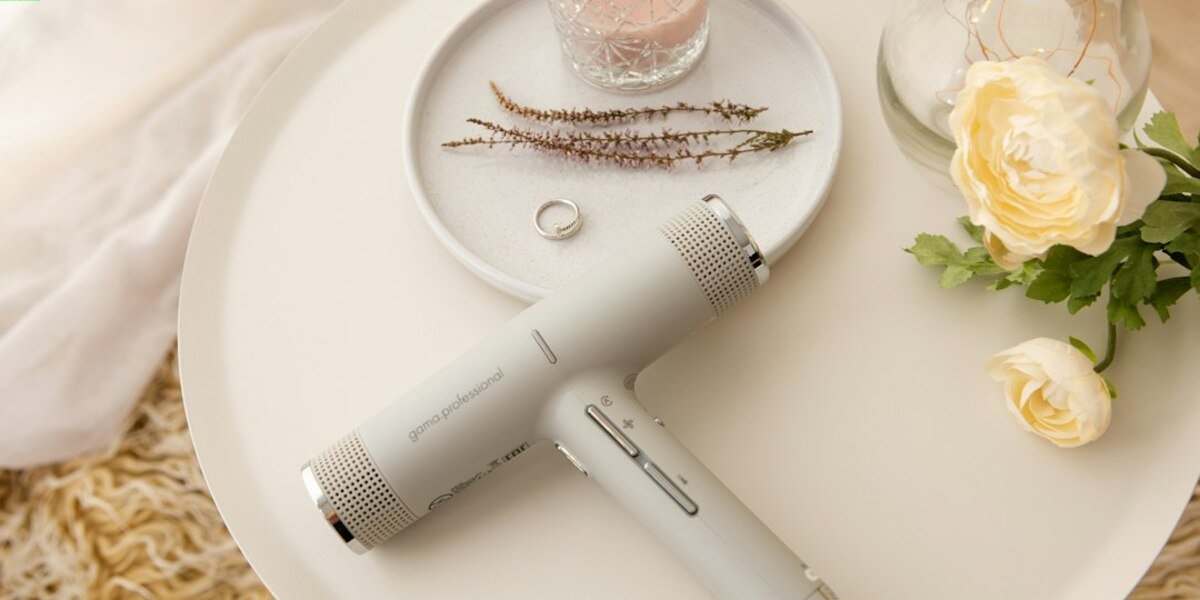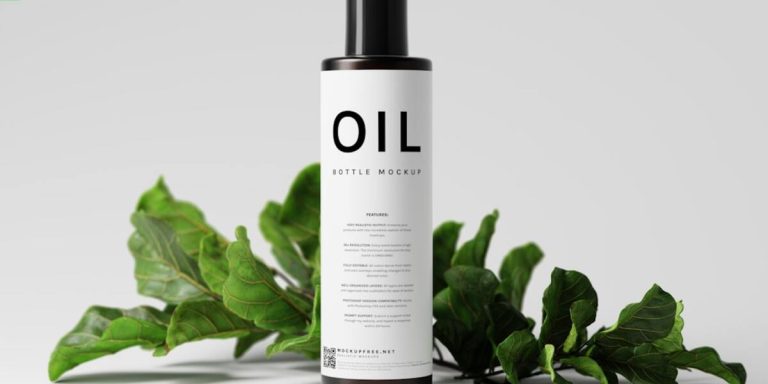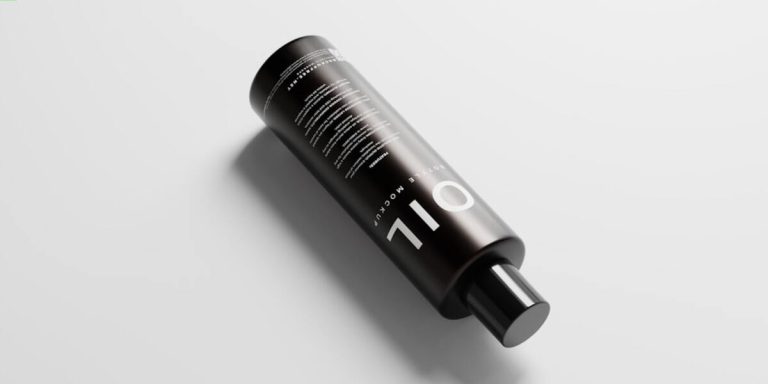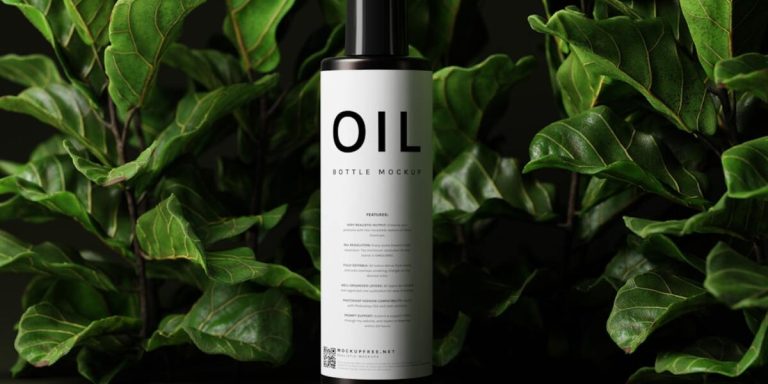Folliculitis Decalvans Hair Regrowth: Understanding and Managing this Unique Challenge
Folliculitis decalvans hair regrowth is a unique challenge that affects many individuals globally. It’s an inflammatory, scarring type of alopecia—a medical term for hair loss—that may usually lead to permanent baldness if not diagnosed and treated timely. This condition can be frustrating as well as emotionally straining due to its persistent nature.
The issue revolves around the inflammation which destroys the hair follicle, leading to irreversible damage and subsequent hair loss at varying degrees. Understanding more about this peculiar case helps draw light on possible solutions and management techniques necessary in promoting healthy growth of new hairs.
Did you know?
Despite its damaging effects, Folliculitis Decalvans – a rare form of hair loss that causes inflammation and scarring on the scalp – may leave some unaffected follicles behind. These hold potential for regrowth if treated early and effectively!
Understanding Folliculitis Decalvans and Its Impact on Hair Growth
Folliculitis Decalvans, a challenging condition that affects the scalp, is known for its noticeable impact on hair growth. Marked by inflammation and subsequent scarring around hair follicles, it poses significant hurdles towards maintaining healthy strands. In 2023 modern science has made great strides to understand this disorder better.
The influence of Folliculitis Decalvans on your crowning glory can’t be understated. The inflamed follicles often result in patchy bald spots which may grow over time if left untreated – highlighting the severity of this issue. However, despite these daunting symptoms and effects, there are regrowth techniques available offering a silver lining.
A common misconception with Folliculitis Decalvans is believing once your hair falls out from the affected area; regrowth might seem impossible due to scarring alopecia caused by it; however research states otherwise. Advancements in current technologies have enabled various treatments options aimed at not just managing but also reversing some aspects of damage induced by this condition paving way for potential hair regrowth possibilities.
The Pathophysiology of Folliculitis Decalvans
Folliculitis Decalvans, a unique form of scarring alopecia, can be quite the antagonist when it comes to hair regrowth. Understanding its pathophysiology is key for managing this condition effectively.
In essence, Folliculitis Decalvans begins with inflammation around the hair follicle roots or “bulbs”. This inflammatory process leads to irreversible destruction and subsequent replacement of these follicles with scar tissue – an uninviting environment for new hair growth.
Moreover, immune responses are at play here as neutrophils (a type of white blood cell) seem particularly involved in regulating damage causing enhanced scarring within affected areas. The precise reason why our immune system turns against us by attacking healthy cells remains unclear in 2023 science; however research continues relentlessly towards finding answers and hope lies ahead.
Key Symptoms and Diagnosis Criteria
In most cases, people suffering from folliculitis decalvans often face specific recognizable signs. These include redness or inflammation, small pustules around the base of hairs that evolve into larger abscesses leading to cicatricial alopecia (or scarring). In simpler terms – a permanent loss of hair.
The area might also exhibit itching sensations accompanied by burning pain in severe conditions. Another hallmark symptom is tufting wherein multiple strands grow out from one single opening indicating potential damage below skin level.
Moving onto the diagnosis aspect now; doctors largely rely upon clinical manifestations for an initial analysis but may recommend further investigations if required. Dermoscopy can be useful revealing dilated infundibulum filled with yellowish keratinous material providing clues about your condition’s severity.
In more complex situations involving deeper layers of scalp tissues triggering hair loss patches without tufts or visible scars biopsy becomes indispensable enabling decisive conclusions regarding presence / absence of marked neutrophilic infiltration which is critical for diagnosing this type non- responsive inflammatory disorder affecting human scalps resulting eventually long term baldness when untreated timely effectively .
Effective Treatment Strategies for Hair Regrowth in Folliculitis Decalvans Patients
Folliculitis Decalvans, a challenging form of scarring alopecia, often leaves individuals grappling with hair loss and looking for effective regrowth strategies. In the quest to reclaim thick lustrous locks, researches in 2023 have brought forth some promising treatment techniques focusing on managing this disease’s inflammatory nature while stimulating hair regrowth.
One such method is the use of anti-inflammatory drugs that not only help control inflammation but also foster an environment conducive for follicle revival via promoting healthier scalp conditions. A correct blend of these medications coupled with laser therapy has shown significant promise in combating Folliculitis Decalvans. Laser treatments penetrate deep into the skin triggering natural healing processes which can stimulate damaged follicles thus encouraging fresh growth.
The novel approach towards integrating topical lotions rich in essential nutrients such as biotin or minoxidil provides additional support to these advanced therapies. These products nourish roots directly and accelerate cell proliferation at bald patches paving way for new strands to sprout effectively.
It’s crucial that patients consult regularly with their dermatologist who can better recommend individual-specific treatment plans aligned duly along personal medical histories and symptoms’ severity spectrum since tailoring methods need careful strategizing when dealing with complex situations pertinent to Folliculitis decalvans Hair Regrowth process.
Medical Therapies to Manage Scalp Inflammation and Promote Regeneration
Folliculitis Decalvans, a challenging scalp condition characterized by inflammation and hair loss, requires efficient medical strategies to manage symptoms and promote folliculitis decalvans hair regrowth. Understanding this intricacy leads us towards the effective treatments available in 2023.
Firstly, we’re now seeing significant benefits from long-term antibiotics which help to control active inflammation on the scalp. Doxycycline or Rifampicin combined with Clindamycin are commonly prescribed over several months under professional supervision. They work by reducing bacteria that contribute significantly to follicle damage.
Topical corticosteroids come next as invaluable aids for local application on inflamed patches of the scalp. Being direct influencers at sites of redness or bumps caused by Folliculitis Decalvans, they cater effectively to immediate symptom relief while setting grounds for longer-term healing.
In addition, intralesional corticosteroid injections have shown promising outcomes in controlling localized flares up quickly while promoting follicular regeneration underneath treated areas of your scalp.
Another intervention involves using topical calcineurin inhibitors like Tacrolimus ointment applied directly onto affected regions twice daily aiding anti-inflammatory responses necessary for healing processes leading ultimately towards healthy hair regrowth.
Holistic Approaches: Diet, Supplements, and Stress Management
Holistic approaches are gaining momentum in the treatment of various health issues – including hair regrowth problems associated with folliculitis decalvans. This perspective combines diet, supplements and stress management techniques to offer a comprehensive strategy for treating this condition. Let’s delve deeper into each aspect.
A balanced diet not only affects your general well-being but also directly influences hair health. Discussing folliculitis decalvans hair regrowth treatments in 2023, you can’t overlook nutrition’s relevance. Include a variety of foods to promote a healthy scalp environment conducive to growth:
- Lean proteins like fish
- Fresh fruits and vegetables rich in antioxidants, like berries and dark leafy greens
- Whole grains
- Nuts and seeds
Additionally, there is growing evidence suggesting specific dietary supplements bear positive effects on folliculitis decalvans patients’ journey towards achieving substantial hair re-growth. For instance; Omega-3 fatty acids found abundantly in flaxseeds/ chia seeds/walleye have anti-inflammatory characteristics which help soothe inflamed scalps—an underlying symptom of this ailment—thus fostering an environment where healthier locks can flourish.
Biotin or vitamin B7 boosts keratin production—a protein vital for sturdy strands; whereas iron aids robust blood circulation ensuring our follicles have ample nourishment crucial for normal cycling patterns resulting overall increased density/thickness over time when adhered regularly alongside prescribed medication(s).
Long-Term Management of Folliculitis Decalvans for Sustained Hair Health
Sustaining hair health is a paramount concern for those battling folliculitis decalvans, an inflammatory scalp condition that can lead to permanent hair loss. While this disease may seem like an insurmountable challenge, modern medicinal advancements and holistic approaches have presented promising solutions aimed at long-term management of the condition. The goal here isn’t simply recovery; it’s about fostering conditions conducive to robust regrowth.
Your journey towards achieving healthy locks involves understanding how folliculitis decalvans works – its triggers and impacts on your body are key pieces of the puzzle – but equally important is learning how to adjust your lifestyle in ways that encourage sustainable growth amid such adversity. This includes embracing certain dietary changes, refining grooming habits, carefully selecting our haircare products and consistently following prescribed medical treatments when necessary.
Pursuing paths of clinical trials or applying over-the-counter medications alone may not be sufficient for considerable results in folliculitis decalvans in 2023. However, pairing these efforts with natural remedies rooted firmly in science can foster an environment primed for more substantial outcomes—healthier scalps better equipped to support new growth.
Rest assured: combining approaches means you no longer need to feel defeated by folliculitis decalvans. It’s time we look beyond immediate symptom relief and seek enduring solutions that lead to flourishing manes.
Strategies to Prevent Recurrence Post Treatment
1. Regularly Cleaning the Scalp: One key factor in preventing recurrence of this condition is maintaining a hygienic scalp at all times. Use gentle hair care products that do not irritate your skin or strip it of natural oils.
2. Nutrition & Diet: A balanced diet also plays an essential role in promoting healthy hair growth and strengthening the immune system against infections like folliculitis decalvans. Incorporating fortified foods rich with vitamins such as biotin, vitamin E, zinc which aid in supporting scalp health resulting faster regrowth.
3. Minimizing Hair Damage: Avoid aggressive hairstyles, excessive heat styling or chemical treatments as these could weaken your newly grown hairs making them susceptible for further episodes of infection.
4.Utilize Moisturizers & Oils : Applying non-comedogenic moisturizers and oils will ensure your scalp retains its moisture balance reducing chances for inflammation to set back in.
Maintaining a Healthy Scalp Environment
Begin by understanding that the sebaceous glands on our scalps produce natural oils that keep both our skin and hair moisturized. An overly dry or excessively oily scalp can lead to inflammation or infections like Folliculitis Decalvans – which hamper with normal, sustained hair growth.
Adopting mild shampoos free from strong chemicals helps maintain this delicate oil balance spectacularly! They cleanse effectively without stripping off essential nutrients required for folliculitis decalvans’ victims’ optimal outcomes.
Another key approach would be regular exfoliation. Exfoliating two times per week will not only remove dead skin cells but also open up blocked pores thus allowing improved circulation – crucial for promoting faster healing post-inflammatory episodes linked with Folliculitis Decalvans such as purulent discharge lesions among others!
Moving ahead, it’s highly beneficial investing time into frequent massages using high-quality carrier oils enriched vitally needed ingredients including tea tree extracts amongst many other potent anti-bacterial properties successfully combatting infectious agents causing conditions like Folliculites Decavlas while stimulating blood flow immensely advantageous towards facilitating quicker recovery periods subsequently leading unto denser fuller manes over extended duration use regularly.
Conclusion
As we wrap up, embracing the journey of folliculitis decalvans hair regrowth can seem challenging but with patience and perseverance, you are sure to conquer this unique challenge. Remember it’s important not just to address the symptoms but also understand what your body is telling you – every step towards health counts!
Don’t stop learning! Our website boasts a multitude of resources on ‘Hair Regrowth’ meant exclusively for those who aspire growth in their knowledge as much as they do for their locks. As always, educate yourself thoroughly before trying any suggested treatment or products.
Happy growing!







